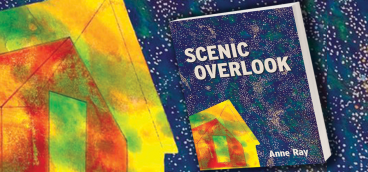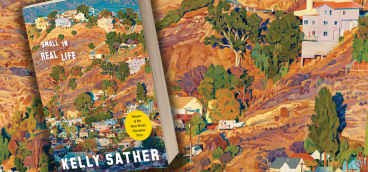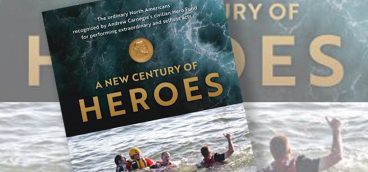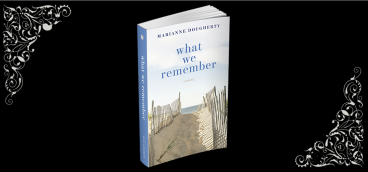All Things Random, Edible and Odd: Essays on Grief, Love and Food
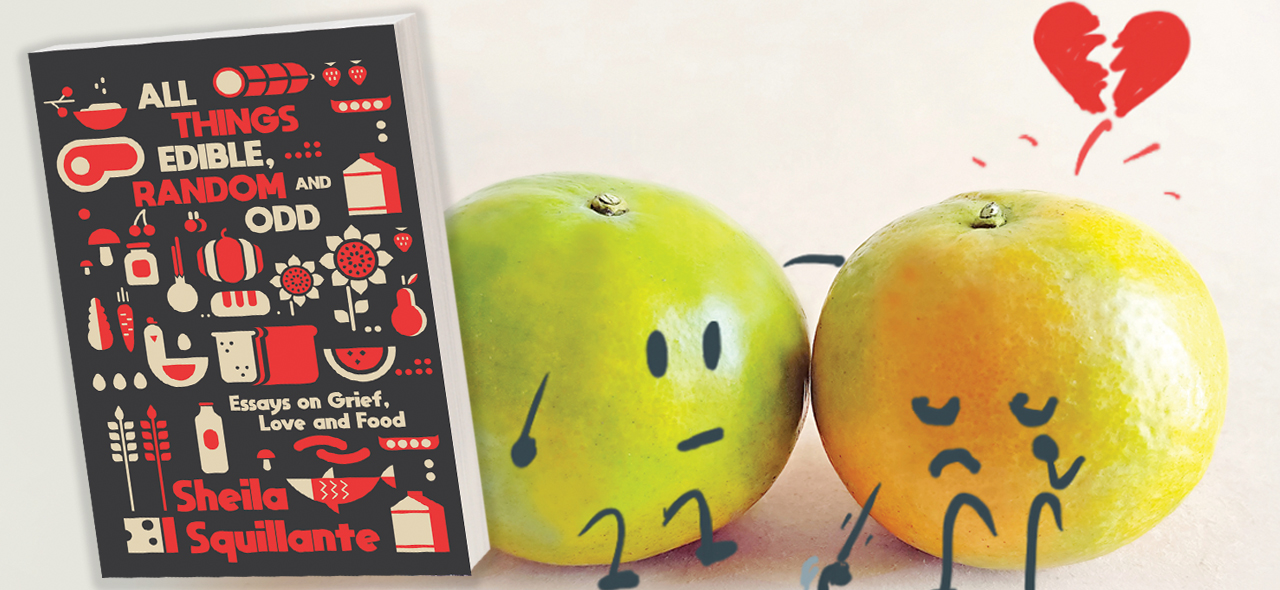
Until the closing of Carmody’s Restaurant in Franklin Park after 62 years, turtle soup remained a fixture on its menu. Once a staple of fine dining, turtle soup typically came paired with a shot of sherry to both sweeten and thin the stew-y broth. For local writer Sheila Squillante, a first bowl of this dated dish, sampled at a swanky Philadelphia restaurant with her thoughtful yet intimidating “foodie” father during a trip to visit colleges, yields this insight: It “will go straight to your head and give you the guts to keep asking questions.” The result of those queries is a book, All Things Random, Edible and Odd: Essays on Grief, Love and Food, which emerges as a terrific collection, simmered in the well-earned perspectives that followed that significant meal.
Though the collection’s fulcrum remains her father’s premature passing at 46 from a viral infection, Squillante, director of the Master of Fine Arts program at Chatham University, uses his epicurean legacy to appreciate a life built around family and friends she likes to feed. These ties that bind give room for her to explore multiple relationships through the alimental before pivoting to other topics including motherhood and divorce. The essays, written and developed over the past two decades, showcase Squillante’s growth and reflection, as both a writer and person. The conclusion for readers: Life is complicated and often messy.
The instigating piece, “Meat Ragu,” is one of a handful of recipe-essays that build from an ingredient list into a meditation on living with heartbreaking intricacies. Inspired by a friend, Dave, characterized as “fun to cook for . . . appreciative and enthusiastic . . . affirming,” it hits all the right notes. By incorporating a grandmother, songs by Willie Nelson, and the preparation of ingredients to become a shared meal, we also witness a young son learning “perseverance, resilience, resolve” in the kitchen. The point of the lesson for the narrator is to not only break bread but to “remember your father. . .dance with your son . . . cook for your friend.”
While food, in a culinary sense, is the dominant theme of most of the essays, the nourishment and struggles of child-raising will be eye-opening to the childless and affirming to parents, with Squillante dialing up the tension just right. In “Cry, Baby,” an infant daughter with acid reflux will cause the author to abstain from dairy even as her daughter slowly heals, leaving questions with no easy answers: “Why can’t I comfort you? Who are you? Why don’t you love me?” As with most things, time heals all. But that’s scant comfort for a new mother afraid she doesn’t know what to do for her little girl.
With essays that try their best to untangle grief through eating and then ruminating on food like wild Hawaiian seaweed and Iceland’s ammonia-tasting fermented shark dish, hàkarl, All Things Edible . . . resonates as a connection to a father who passed his deep love of food along to a talented writer who sees it big-picture. It’s also a collection that the father might summarize best, as he once did remarking on that bowl of turtle soup, calling it, as Squillante remembers, “tremendous . . . a congregation of syllables he reserves for highest praise.”



